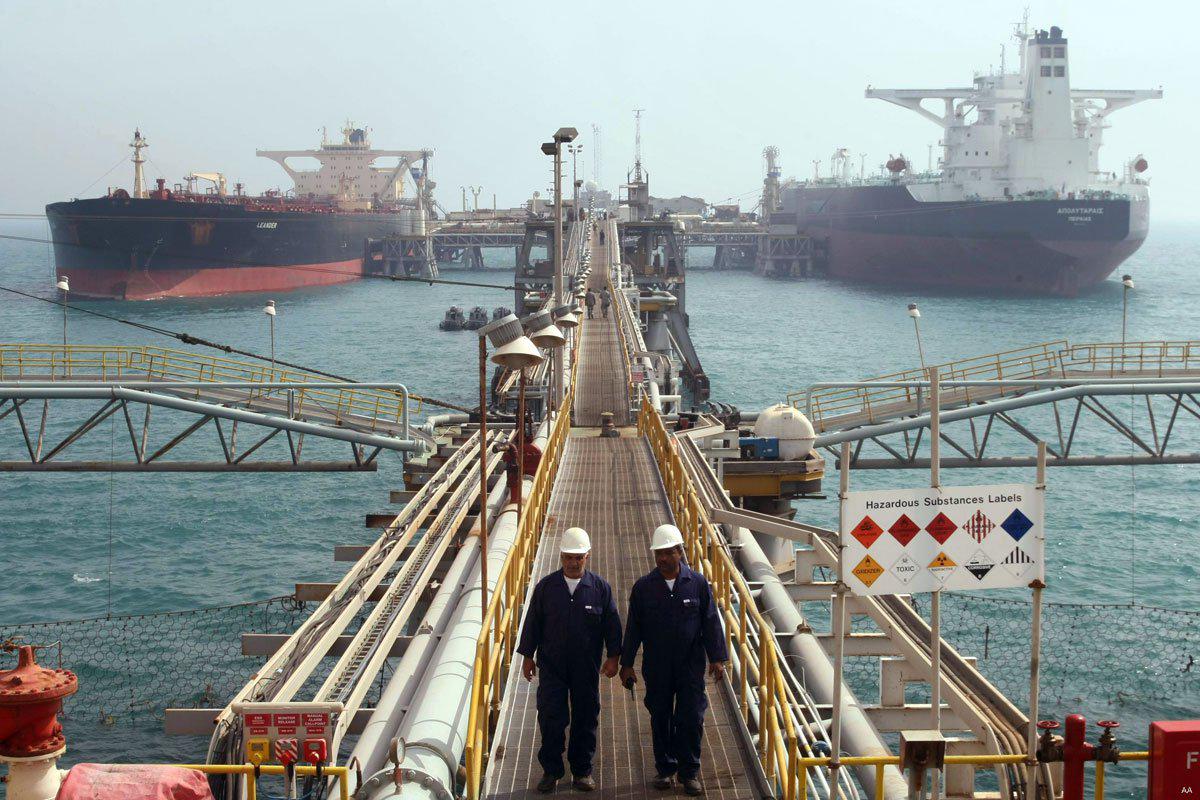
Iraqi Prime Minister Haider Al-Abadi said that Iraq aspires to strengthening ties with Egypt in the energy, industry, and oil & gas fields; this came during his meeting with the Egyptian Petroleum Minister Tarek El-Molla who arrived to Baghdad on Saturday accompanied by an official delegation, as reported by the Middle East Monitor.
The Iraqi Prime Minister discussed, with Egypt’s Minister of Petroleum and Mineral Resources Tarek El-Molla, enhancing cooperation between Egypt and Iraq in the fields of industry and oil & gas; in addition to forming an Egyptian-Iraqi partnership through establishing new cooperation strategies between companies in the two countries, according to a statement released by the Abadi’s press office.
Abadi pointed to counter terrorism operations common ground between both countries as “he stressed on increasing joint strategic projects with Egypt that coincide with the Iraqi army victories against terrorism, which he considered as allowing more chances for joint action.”
In the same context, Egypt’s Petroleum Minister Tarek El-Molla pointed to the importance of strengthening cooperation with Iraq in the areas of industry and oil & gas, as well as other sectors.
“The members of the National Iraqi Alliance, which is the largest Shiite group in the parliament, have called on the Iraqi government to supply Egypt with crude oil on credit, in response to what they described as “blackmail” practiced by Saudi Arabia against Cairo,” as reported by Middle East Monitor.
In fact, the latest Iraqi stance offering supplying Egypt with oil came after Saudi Arabia halted its oil supply to Egypt, which infers that Egypt is moving forward in steady steps toward the new alliance camp including Iran and Russia which stands in the opposite side of the Saudi and Gulf countries camp.
First, Al-Sisi’s phone call with Haidar Al-Abadi to declare his support to the battle of Mosul, means that Egypt gave its back to the Gulf and Saudi fears concerning the participation of the popular mobilization Shiite militia.
The second step was Cairo’s reception of Ali Mamlouk, one of the cornerstones of the Syrian regime, to negotiate security coordination in countering terrorism.
The third step was Cairo’s readiness to receive a Houthi delegation, according to Egyptian leaks to the media close to Iran.
Accordingly, Egypt’s divergent policies from the Saudi stance regarding sensitive issues in the region would probably deepen the gap between both countries as those matters aren’t only related to national security but they are also related to existence.
The dispute between both countries isn’t tactical but it is a tremendous strategic one as it is mainly on the fate of the Arab region as well as its political and social existence especially the Sunni political entity in the region
Egypt of al-Sisi seems to stand today in the Iranian-Russian axis completely through its hostility to all the Arab Spring revolutions and its explicit support to the authoritarian regimes.



